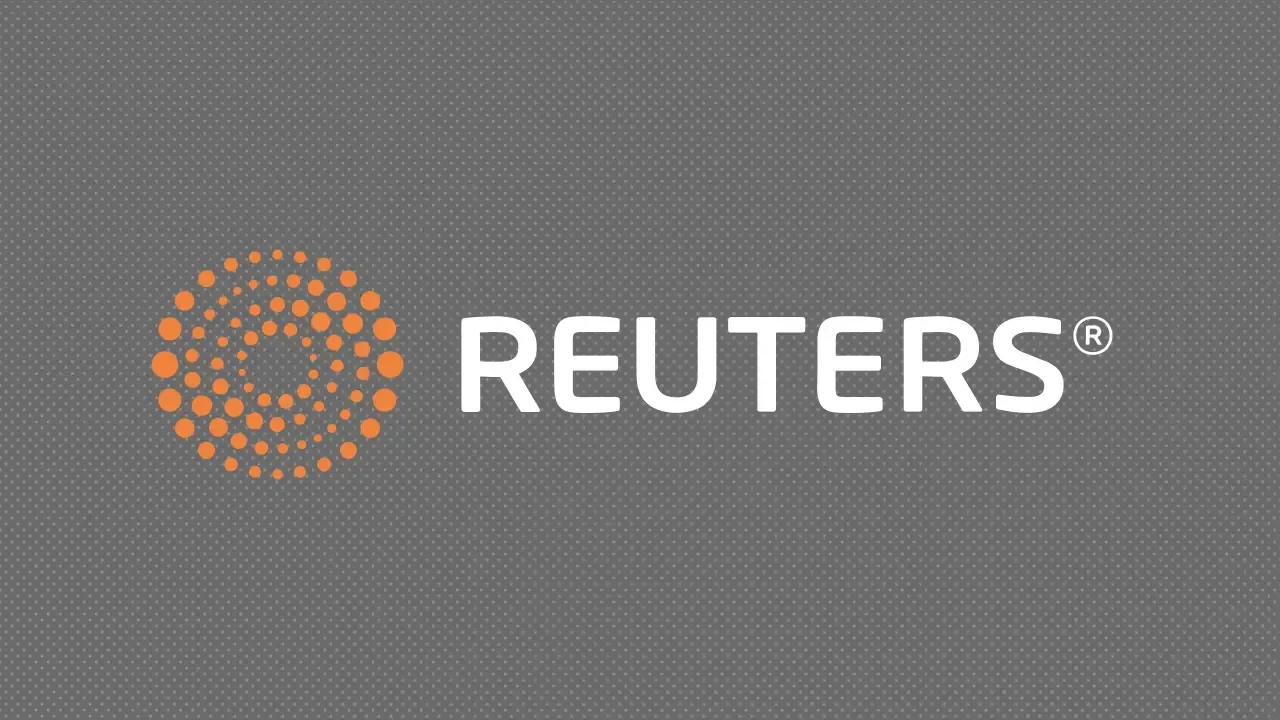LONDON/SEOUL/SINGAPORE, June 2 (Reuters) - U.S. prices of steel and aluminium spiked on Monday while shares of foreign steelmakers slumped after U.S. President Donald Trump said he would double tariffs on imports of the two metals to 50%.
Trump announced on Friday the new steel and aluminium levies, which take effect on June 4, intensifying a global trade war just hours after he accused China of violating an agreement with the U.S. to mutually roll back tariffs and trade restrictions for critical minerals.
The U.S. is the world's largest steel importer, excluding the European Union, with a total of 26.2 million tons of steel imported in 2024, according to the Department of Commerce.
While some industry experts questioned whether the tariffs will be implemented as stated, in light of Trump's earlier reversals, they said uncertainty and climbing prices of the metals would dampen industrial activity.
"Higher prices are also likely to weigh further on U.S. steel demand from the manufacturing sector, which we already expect to contract this year," said analyst Eoin Dinsmore at Goldman Sachs.
The premium for consumers buying aluminium on the physical market in the United States < AUPc1> jumped 54% while U.S. hot rolled coil steel climbed by 5%.
Germany's second-biggest steelmaker Salzgitter warned that Washington's tariff policy was dealing a severe blow to European industry.
The United States accounted for around a fifth of European steel exports outside of the EU, according to Germany's steel association.
Analysts were sceptical about whether the full force of the tariffs as announced on Friday would come into play.
"I think the final result will be far lower than initially projected, especially concerning its duration," said Chelsea Ye, senior analyst at metals research firm McCloskey.
Meanwhile, the tariff shift was applauded by U.S. aluminium producers, who said the move would stop a "flood" of imports.
“For decades, subsidized foreign producers have hollowed out domestic aluminum manufacturing," said Mark Duffy, president of the American Primary Aluminum Association.
Shares of U.S. steelmakers climbed in premarket trade, with Nucor (NUE.N), Cleveland-Cliffs (CLF.N), and Steel Dynamics (STLD.O), surging between 14% and 26%.
ASIAN STEEL SHARES SLIDE
Shares of steelmakers eroded in South Korea, which was the fourth-biggest exporter of steel to the United States last year, behind Canada, Mexico and Brazil, according to American Iron and Steel Institute data.
South Korea's Industry Ministry said in a statement that it had held an emergency meeting with officials from the country's major steelmakers, including POSCO (005490.KS), and Hyundai Steel (004020.KS), .
Shares of South Korean steelmakers POSCO and Hyundai Steel fell 3% and SeAH Steel Corp (306200.KS), tumbled 8%.
In Vietnam, steel companies Hoa Sen Group (HSG.HM), Nam Kim Steel (NKG.HM), and Vietnam Steel Corp (TVN.HNO), skidded from 2.7% to 3.4%.
The 50% tariffs will add to the challenges facing Korean steel exporters, which have refrained from sharply boosting exports to the U.S. to avoid Washington's scrutiny, despite rising U.S. steel prices, an industry executive told Reuters.
"It will be a burden to exporting companies if there are no additional steel price increases in the U.S," he told Reuters, asking not to be identified due to the sensitivity of the issue.
Steel and aluminium tariffs were among the earliest Trump imposed when he returned to office in January. The tariffs of 25% on most steel and aluminium imported to the U.S. went into effect on March 12.
TRADE TALKS
South Korea, a major U.S. ally, has called for an exemption from tariffs on steel, autos and others items, during talks with the United States.
Seoul agreed in late April to craft a trade package by the end of the 90-day pause on Trump's reciprocal tariffs in July, but it has been difficult for negotiators to make big decisions due to a political leadership vacuum ahead of elections on Tuesday.
In late March, Hyundai Steel announced a plan to build a $5.8 billion factory in Louisiana in response to U.S. tariffs, but the factory will not open until 2029. In April, Hyundai Steel's bigger rival POSCO signed a preliminary deal to make an equity investment in the factory project.
In India, which relies heavily on the U.S. for aluminium exports, industry experts also warned of a major hit.
"This is going to have a detrimental impact," B.K. Bhatia, director-general at the Federation of Indian Mineral Industries, the country's leading mining body, told Reuters.
"The U.S. is the biggest market for Indian aluminium. Government has been negotiating so we are hopeful that with talks, the tariffs will come down."
Reporting by Heekyong Yang, Hyunjoo Jin and Jack Kim in Seoul; Additional reporting by Khanh Vu in Hanoi, Hongmei Li in Singapore, Nathan Gomes and Sameer Manekar in Bengaluru, Neha Arora in New Delhi, and Eric Onstad, Pratima Desai and Polina Devitt in London; Editing by Veronica Brown, Miyoung Kim and Chizu Nomiyama
